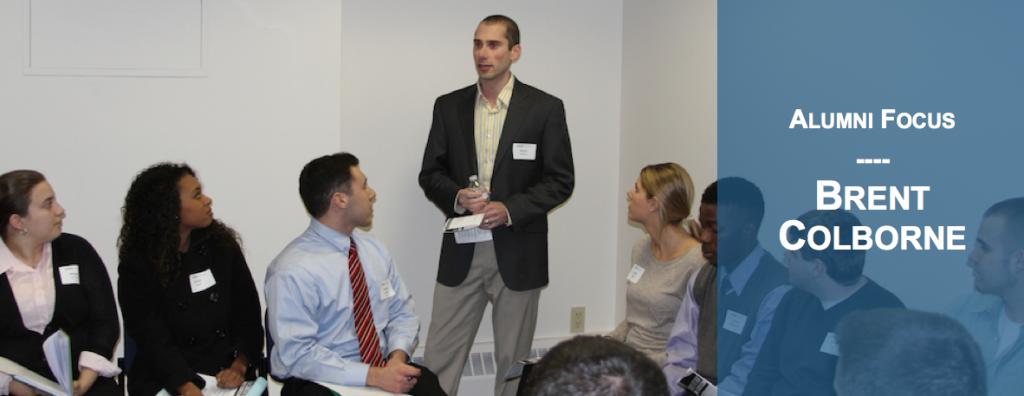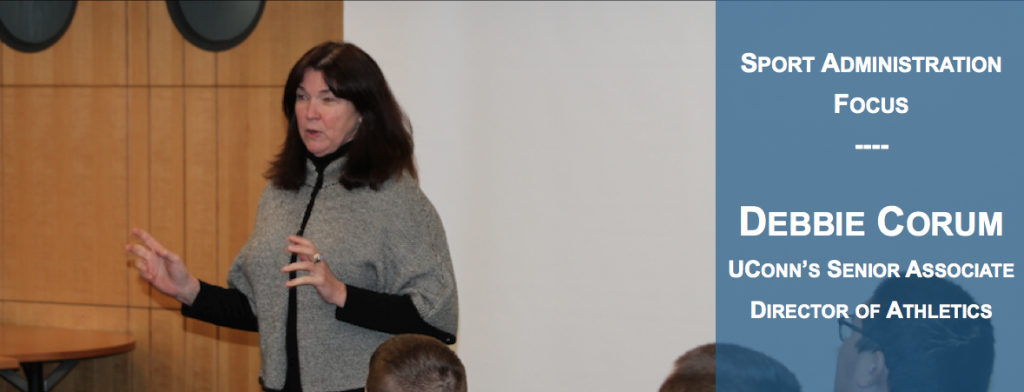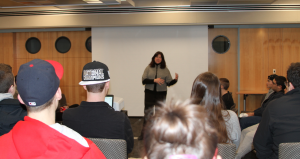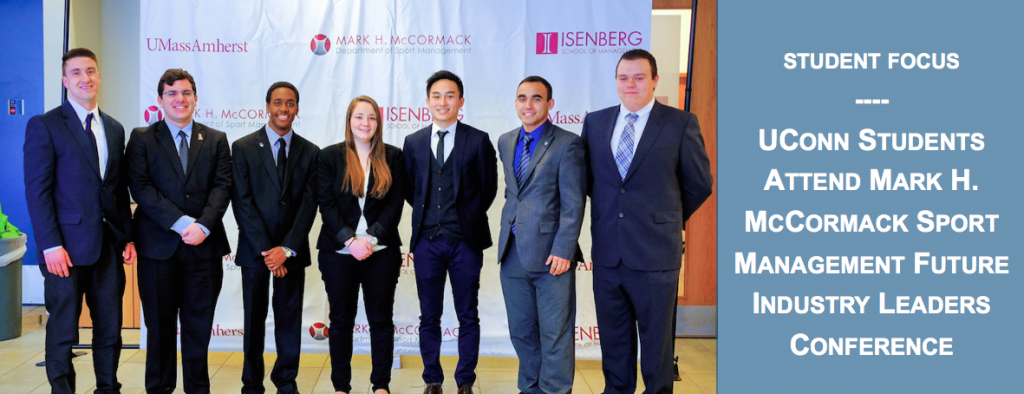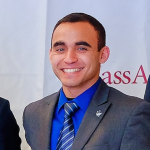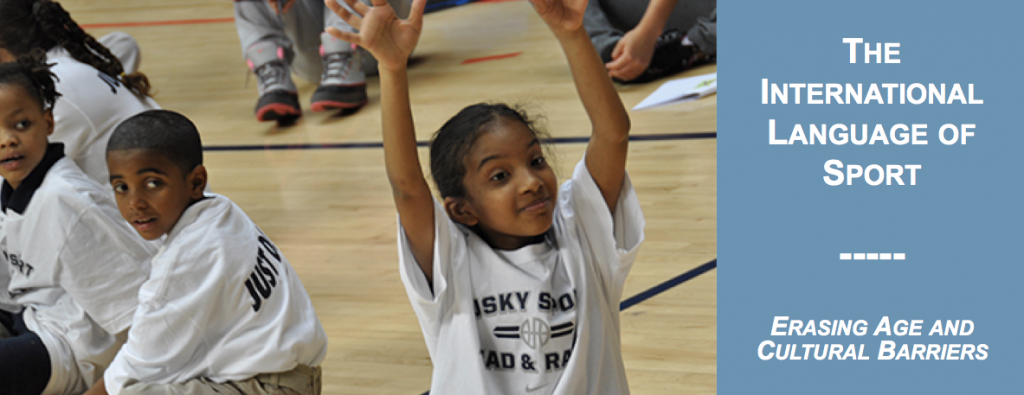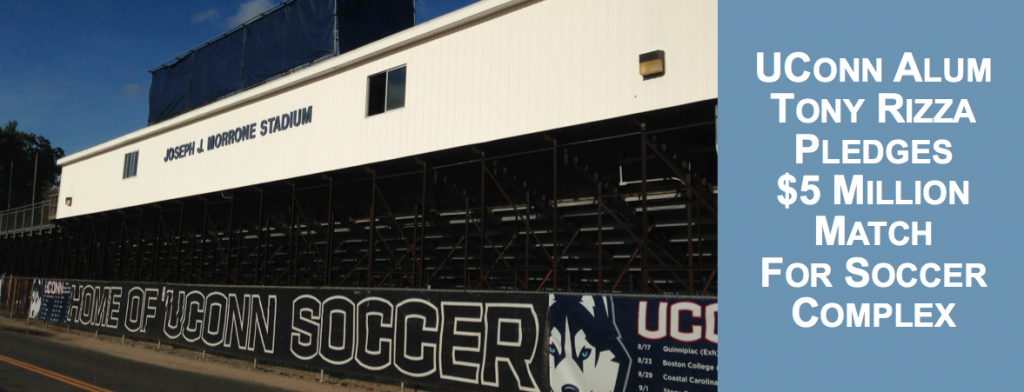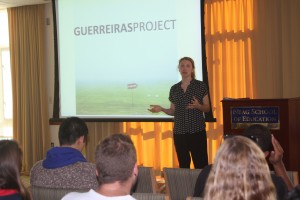Alumni Focus: Brent Colborne – ESPN Programming
As a part of a new series, we turn the spotlight on members of the UConn Sport Management Program (SMP) Alumni Community, focusing on the diversity of experience and breadth of knowledge they have gained within the industry. Designed to help current and future SMP students learn to navigate and understand the real-world intricacies of sport management, we thank SMP alumni for their valuable contributions and insight. Today, the focus is on UConn alumnus Brent Colborne (B.S. in Business Administration, a Major in Business Management, Minor in Sport Management, 2005), who works in programming at ESPN’s headquarters in Bristol, CT.

Although it has been ten years since he graduated, UConn alumnus and ESPN employee Brent Colborne has been to Storrs twice in the last month – all in the name of giving current UConn sport management students an insider’s perspective on what it’s like to work for one of the industry’s broadcasting juggernauts. Making an appearance in both of Dr. Joseph Cooper’s Sport Marketing classes, as well as speaking at the “Career Night in Sports” event at the UConn Alumni Center on February 26, Colborne shared his perspectives on what students really need to do in order to position themselves to break into a sporting organization.
“Entry-level positions in the sporting industry have become so much more competitive,” said Colborne. “There’s a rising tide of applicants with a variety of skill sets to choose from, so it’s important to get as much experience as you can to help distinguish yourself from the crowd.” He told students to make the most of the time and opportunities they have at UConn – whether its an internship, a part-time job supporting any of the 24 varsity sports on campus or even volunteering at local community sports activities such as fun runs. The key is just putting yourself out there – experiences and networking opportunities are created through every small activity you get yourself involved in.
It’s also ok not to know exactly what you want to do while you’re still in school – although Colborne is a veteran of the sports programming world today, when he was a student at UConn, the concept of the job itself unknown to him. That is, until three UConn alumni who worked in that department at ESPN came to Storrs to speak about their jobs in sports at one of his classes. Now he is regularly negotiating broadcasting rights deals for all of the college sports programming you see on ESPN.
Reccommendations for students? “When you’re interviewing for a position, make sure you research the job,” said Colborne. “Be prepared or within five minutes an interviewer will know you haven’t done your homework.”
One can start with a search online for “sports programming” at ESPN. In doing so, you might learn that according to the organization’s website, the Programming Department’s mission is to create, acquire, and schedule premier content to engage fans and maximize audiences on all platforms that ESPN delivers on – they lead the development of sport strategies across the company and manage constructive relationships with league partners and organizers. What does that mean in practical day to day terms? Thanks to Brent Colborne, attendees of the “Career Night in Sports” and in Dr. Cooper’s classes not only know the answer to that question, they have a richer understanding of the role – and even more valuable than that, they now have a great contact in the industry to help guide them should they wish to pursue a similar career in the field.
